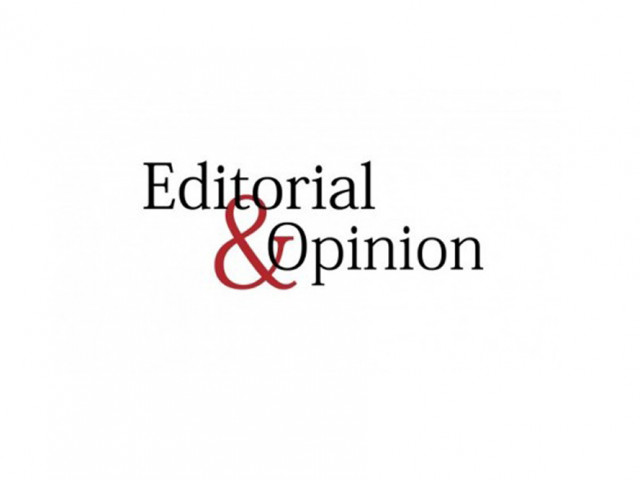Choking on neglect
To make matters worse, Karachi's only fixed air quality monitoring station, donated by Japan

Although Lahore's annual smog crisis dominates headlines every winter, the deteriorating air quality in Karachi, Pakistan's largest and most populated city, continues to worsen without drawing the attention it desperately needs. The deafening silence from regulatory bodies has made matters worse and contributed to the alarming decay of Pakistan's environmental governance.
Karachi, a city of over 20 million people, currently has only 12 air analyser machines and a single mobile van in operational condition. In contrast, experts estimate the city requires at least 25 air quality stations, 35 analysers, and 50 vans to begin grappling with the scale of the problem.
To make matters worse, Karachi's only fixed air quality monitoring station, donated by Japan, has been out of order for the past eight years. The mobile van that should have been deployed to collect data across the city was dysfunctional for years and only resumed partial function last year. In effect, the city is flying blind, without real-time air quality data to guide policy or warn citizens.
The way forward requires both urgent and sustained action. First, environmental protection must be elevated to a core governance priority. This means equipping SEPA with the necessary funds and technology to enforce environmental standards, while making sure there is no room for corruption.
Second, the Sindh government must urgently invest in infrastructure, starting with restoring and expanding air quality monitoring stations and scaling up the fleet of analyser vans. Real-time data should be made publicly available to hold polluters accountable and empower citizens to protect themselves. Third, vehicle emissions must be brought under control through a rigorous inspection and maintenance regime. Phasing out vehicles that are more than 20 years old is a critical first steps.













COMMENTS
Comments are moderated and generally will be posted if they are on-topic and not abusive.
For more information, please see our Comments FAQ